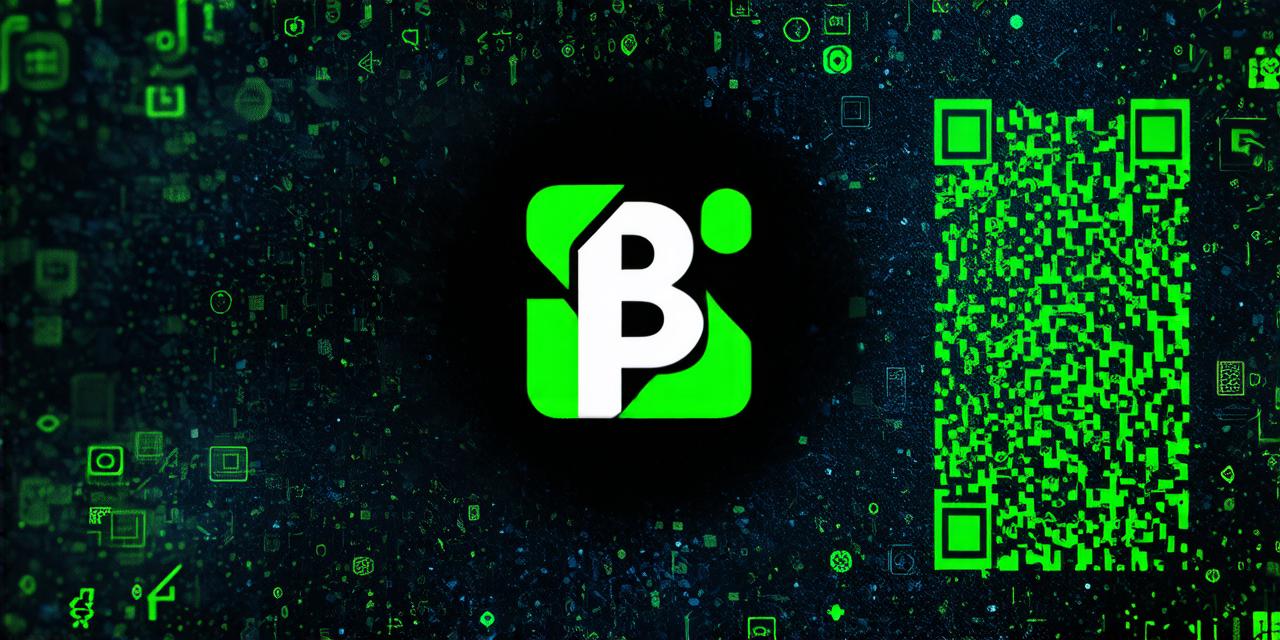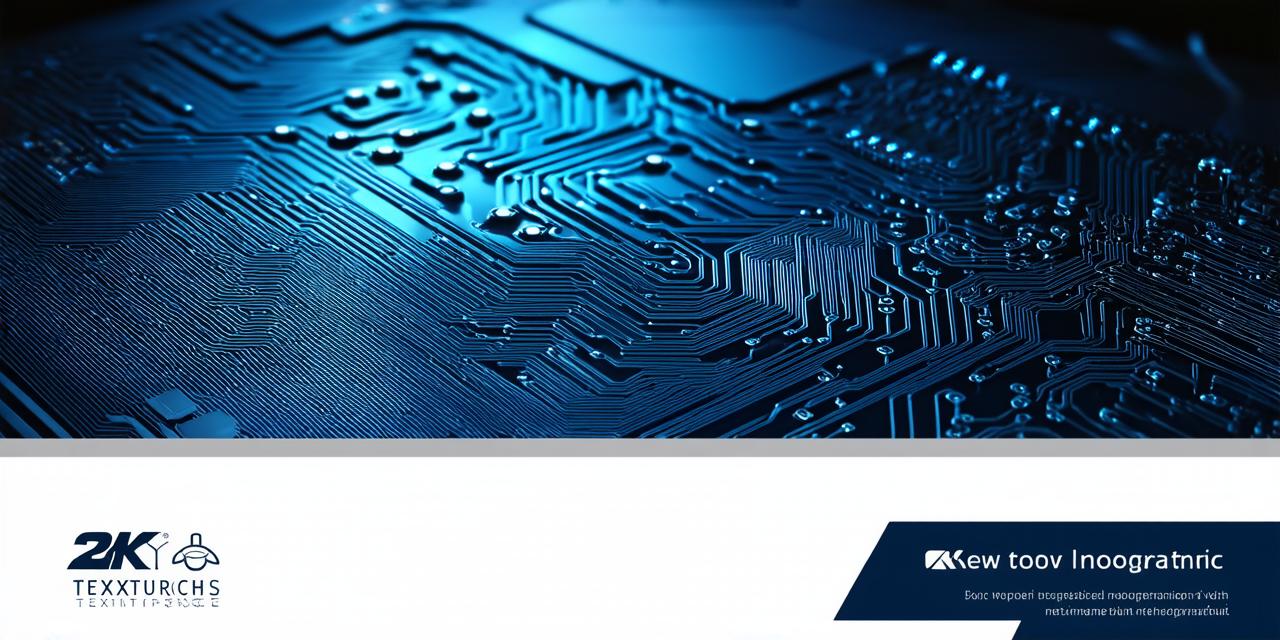Understanding Blockchain Technology
Blockchain technology is a distributed ledger that allows users to record transactions across multiple computers in a secure and transparent way. It was initially developed as the underlying technology for Bitcoin, but it has since been adopted by various industries such as finance, supply chain management, and healthcare.
Data Storage in Blockchain
In blockchain, data is stored in blocks that are linked together in a chain. Each block contains a hash value that links it to the previous block, creating an immutable record of transactions. This means that once data is recorded on the blockchain, it cannot be altered or deleted without affecting the entire network.
One of the key benefits of using blockchain for data storage is its decentralized nature. Unlike traditional centralized databases, blockchain does not have a single point of failure, making it highly resistant to hacking and data breaches. Additionally, blockchain allows users to have complete control over their data, as they can choose who has access to it and how it is used.
Case Studies: Real-Life Examples of Blockchain Data Storage
Bitcoin
The most well-known example of blockchain data storage is Bitcoin. Bitcoin uses a decentralized network of computers to store and transfer its cryptocurrency. Each transaction is recorded on the blockchain, creating an immutable record of all transactions that have occurred. This allows users to trust the system without relying on a central authority or intermediary.
IBM Food Trust
IBM Food Trust is a blockchain-based system that allows food suppliers and retailers to track the origin and movement of food products across the supply chain. By using blockchain, the system provides transparency and traceability, allowing consumers to make informed decisions about the food they are buying. This has led to increased trust in the food supply chain and reduced waste due to more efficient tracking.
MediLedger
MediLedger is a blockchain-based system that allows healthcare providers to securely store and share medical records across different systems. By using blockchain, the system provides a decentralized and tamper-proof record of medical records, allowing for easier access and sharing of information between different healthcare providers. This has led to improved patient care and reduced administrative costs.
Benefits of Blockchain Data Storage
Decentralization
As mentioned earlier, one of the key benefits of using blockchain for data storage is its decentralized nature. This eliminates the need for a central authority or intermediary, reducing costs and increasing security.
Transparency
Blockchain provides a transparent record of all transactions that occur on the network. This allows users to see exactly where their data is going and who has access to it, providing increased trust in the system.
Immutability
Once data is recorded on the blockchain, it cannot be altered or deleted without affecting the entire network. This provides a secure and tamper-proof record of all transactions that have occurred.
Security
Blockchain technology uses advanced cryptographic algorithms to secure data on the network, making it highly resistant to hacking and data breaches.
FAQs
What is blockchain data storage?
Blockchain data storage refers to the process of storing and transferring data across a decentralized network using blockchain technology.
How does blockchain ensure data security?
Blockchain technology uses advanced cryptographic algorithms to secure data on the network, making it highly resistant to hacking and data breaches.
Is blockchain data storage decentralized?
Yes, one of the key benefits of using blockchain for data storage is its decentralized nature, which eliminates the need for a central authority or intermediary.
Can data be altered or deleted on a blockchain?
Once data is recorded on the blockchain, it cannot be altered or deleted without affecting the entire network. This provides a secure and tamper-proof record of all transactions that have occurred.
What industries use blockchain for data storage?

Blockchain technology has been adopted by various industries such as finance, supply chain management, and healthcare, among others.
Summary
Data is stored in blockchain using blocks that are linked together in a chain, creating an immutable record of transactions. The decentralized nature of blockchain technology provides increased security, transparency, and control over data storage. Real-life examples such as Bitcoin, IBM Food Trust, and MediLedger illustrate the benefits of using blockchain for data storage across different industries. As blockchain technology continues to evolve, we can expect to see even more innovative applications for data storage in the future.



